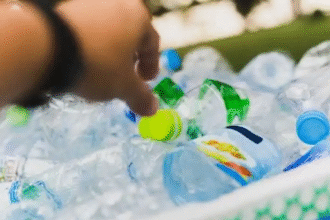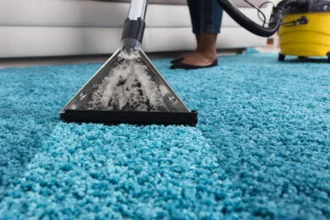Your air conditioner is not supposed to cause water puddles inside your house. If you find water leaking inside the AC unit, you will know that some problem exists. A leaking AC can ruin your walls, floors, furniture, etc. Not acknowledging it can eventually cause concerns like mold and electrical hazards. Knowing why and how to fix them can save you the expense of costly repair bills and keep your AC running efficiently.
Common Causes
The usual causes of water leaking inside ac unit are drainage problems, dirty components, or technical problems. One of the most common reasons behind this problem with the line is that it may be clogged. The AC creates condensation; the pipe will run outside unless your home requires a unique style. The pipe can, however, get blocked with dust, dirt, or mold, allowing water to go back and leak inside.
Another main reason for this is a dirty air filter. Dust and debris are trapped in the air filter. However, when it gets too clogged, it restricts airflow. This can also cause the evaporator coil to freeze. Eventually, when the last bit melts, excess water overflows and leaks out of the unit.
Also, if refrigerant levels are low, there may be a leak. When refrigerant levels go down, the evaporator coil may freeze. Just as with a dirty air filter, the ice can generate more water than the drain system can manage when the ice has melted.
It’s also improper AC installation. If the AC is going to lean, it could prevent the inside water from draining. Instead, it can collect inside the unit and leak into your home.
In addition, water leakage can occur if the drain pan is broken or rusted. Excess water drains outside the appliance and is collected in a drain pan first. Water will leak into the unit if the drain pan is cracked or corroded.
Signs of a Leak
Finding a leak early will save you in pricey damage. One obvious clue is water accumulated close to your AC unit. Water on the floor may mean the drain is clogged or a faulty drain system.
Another sign is damp walls or ceilings close to where the AC is set up. That’s why internal water leaks could develop mold. The other warning sign will be a musty smell in the room. A leaking AC provides a perfect environment for mold and mildew to thrive because the excess moisture offers the ideal environment to grow.
A frozen evaporator coil can also be why your AC isn’t cooling as effectively as it used to. Freezing and melting of the coil can result from low refrigerant levels or airflow problems. In certain instances, there may be a dripping sound inside the unit, which is collecting but not draining water.
Fixing the Problem
A minor leak may be something you can handle yourself. Begin by inspecting and cleaning out the drain line. Water leakage occurs due to a clogged drain, which is quite common. To free any blockages, use a vacuum or a thin brush. You can also flush the drain line with vinegar and water to clear outflowing mold buildup.
Next, inspect the air filter. If it is dirty or clogged, replace it immediately. This will enhance airflow and prevent the evaporator coil from freezing.
If there is an AC unit, check its position. If it is not level, make the necessary adjustment so that the water pours off properly. If the evaporator coil is frozen, turn off the AC, wait for it to thaw completely, and restart it. If the problem persists, low refrigerant levels may be the problem, and a professional like https://www.lsairconservicing.sg/ should be called to check and refill them.
The drain pan should be checked for cracks or rust. If it is damaged, it should be replaced to prevent further leaks.

















